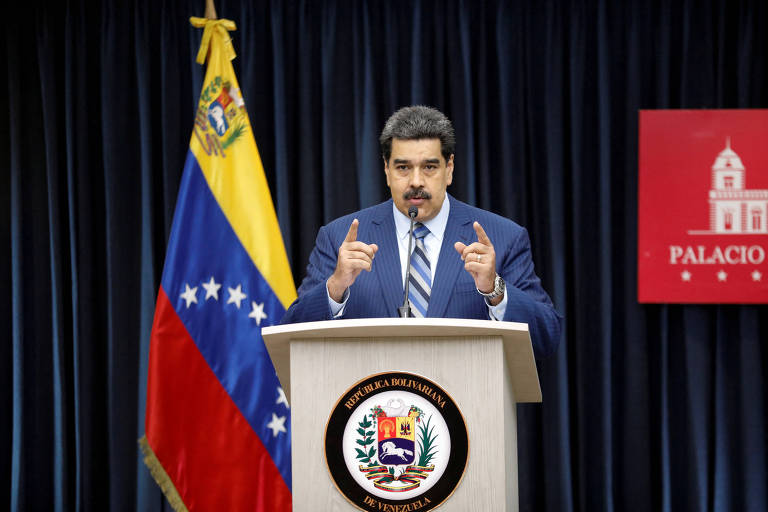The Superior Electoral Court (TSE) decided on Wednesday (24th) not to send technicians to monitor the elections in Venezuela after dictator Nicolás Maduro questioned Brazil's electoral system without evidence. This is another source of tension between Brazilian authorities and the dictatorship, whose relations have deteriorated in recent months. Maduro stated at a rally on Tuesday night (23rd) that elections in Brazil, the United States, and Colombia are not audited. He also claimed that the Venezuelan electoral system is "the best in the world."
"In light of false statements against the Brazilian electronic voting machines, which, contrary to what was claimed by Venezuelan authorities, are auditable and secure, the Superior Electoral Court will not send technicians to respond to the invitation from that country's National Electoral Council to monitor the upcoming election on Sunday," the TSE said in a statement released Wednesday evening.
"The Brazilian Electoral Justice does not allow, internally or externally, through statements or disrespectful acts towards the integrity of the Brazilian electoral process, that the seriousness and integrity of the elections and electronic voting machines in Brazil be discredited with lies," the court added. The National Electoral Council (CNE) of Venezuela had invited the TSE to send two technicians to monitor the country's elections scheduled for next Sunday (28th). The TSE initially declined the invitation, stating that it was focused on Brazil's municipal elections in October. In July, the court, presided over by Minister Cármen Lúcia, reversed its decision and agreed to send two officials as international guests of the CNE.
Upon announcing the new change of stance, the TSE described the statements critical of Brazil's electronic voting system as false.
Read the article in the original language
